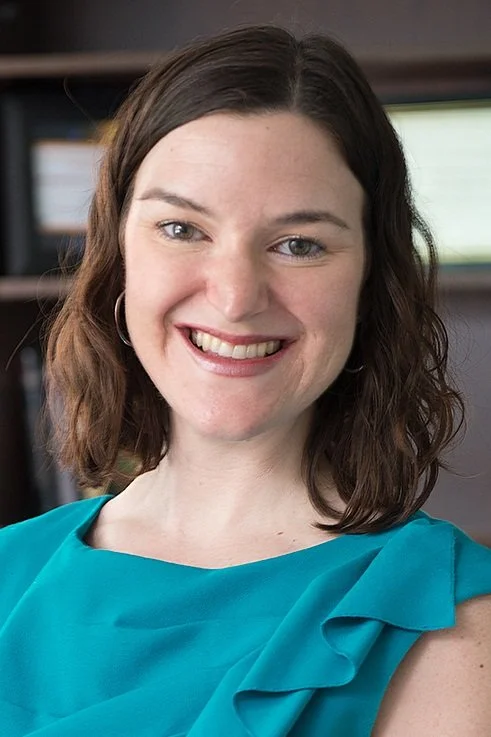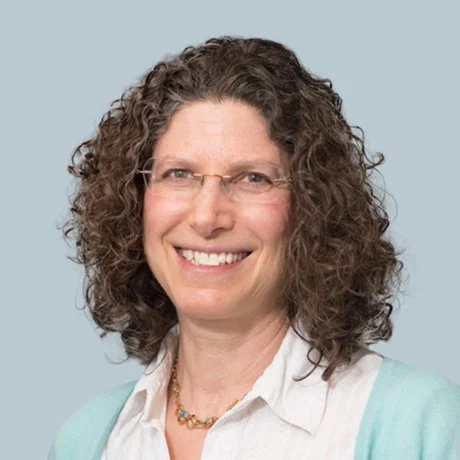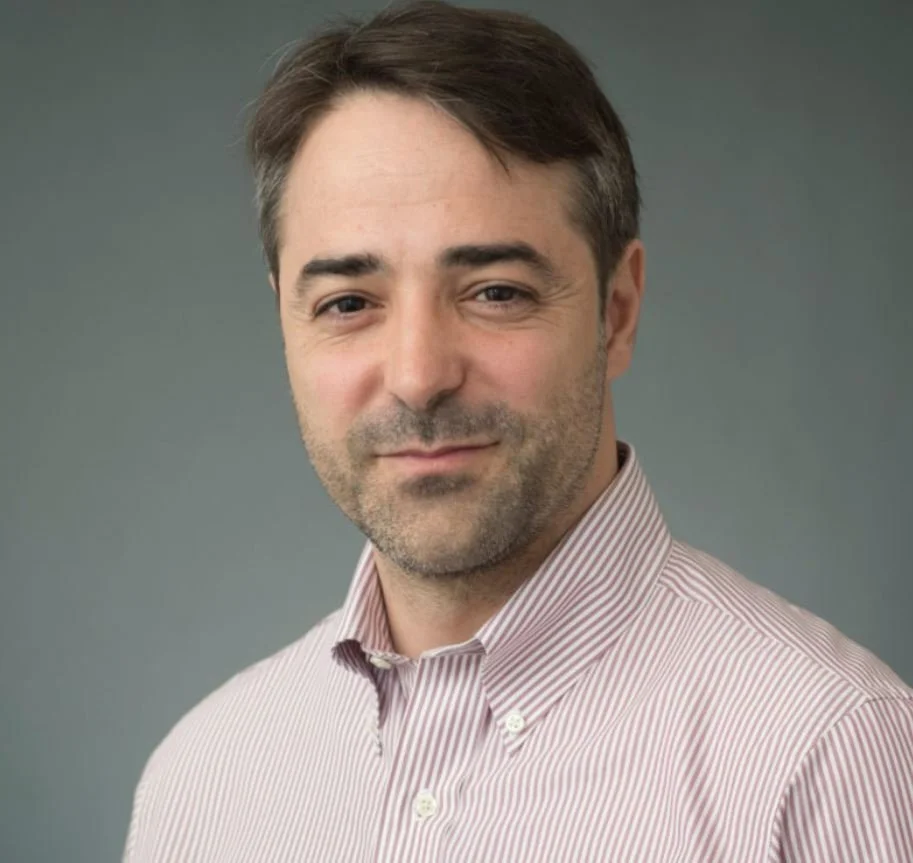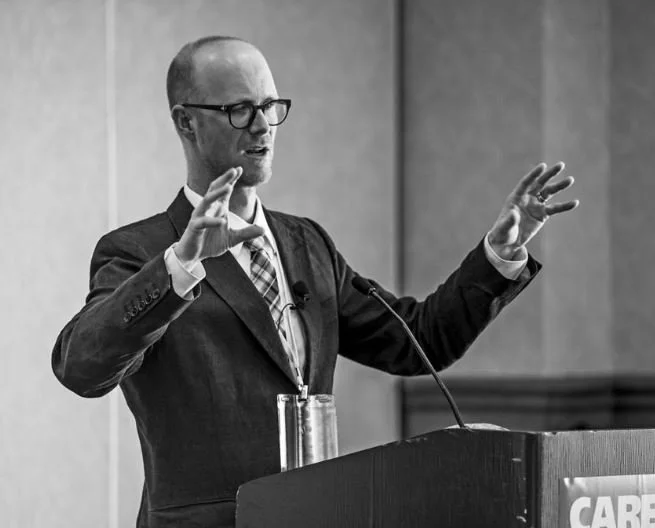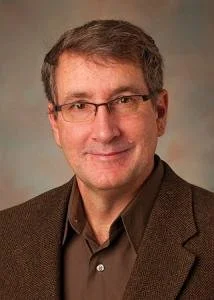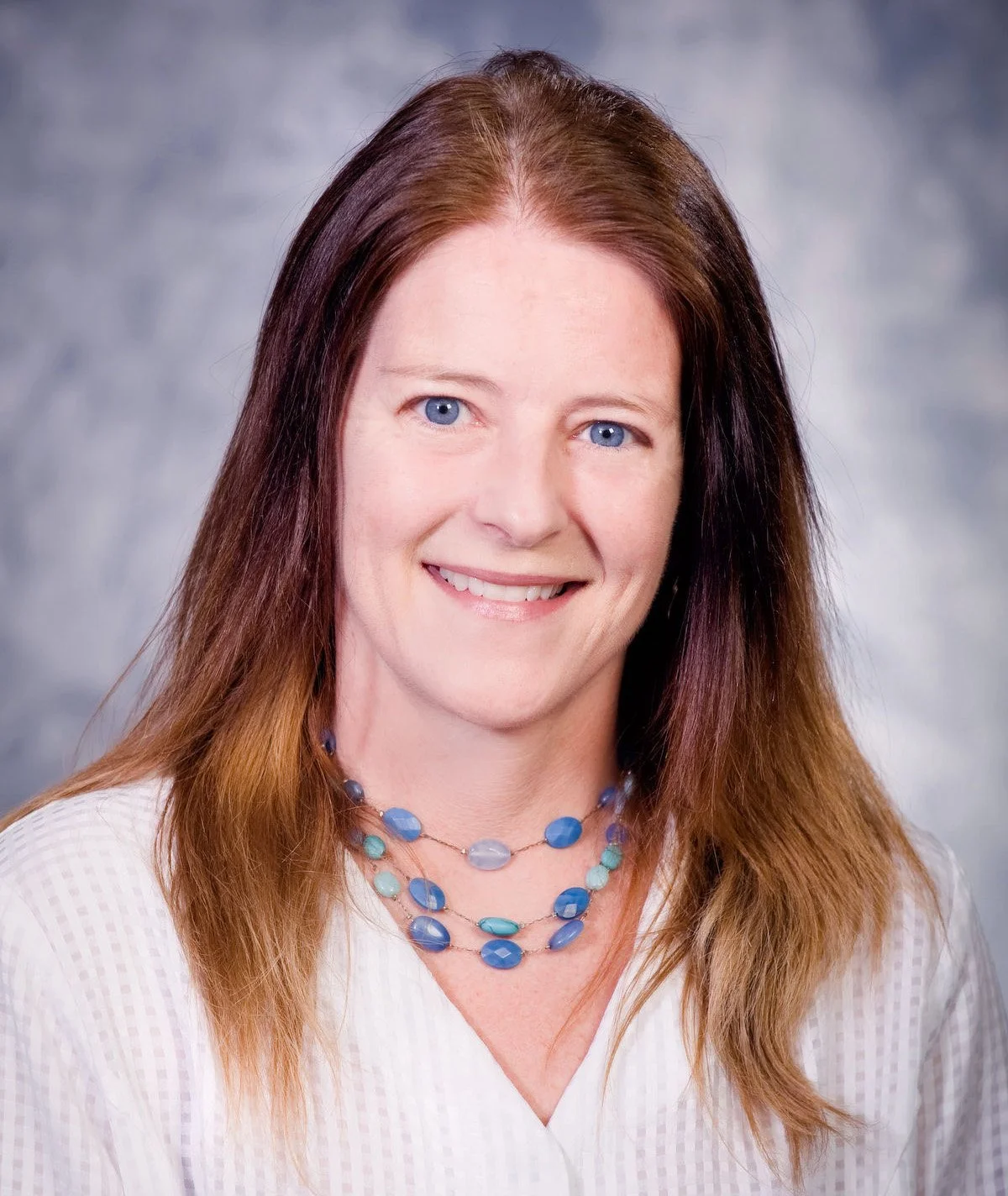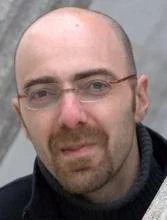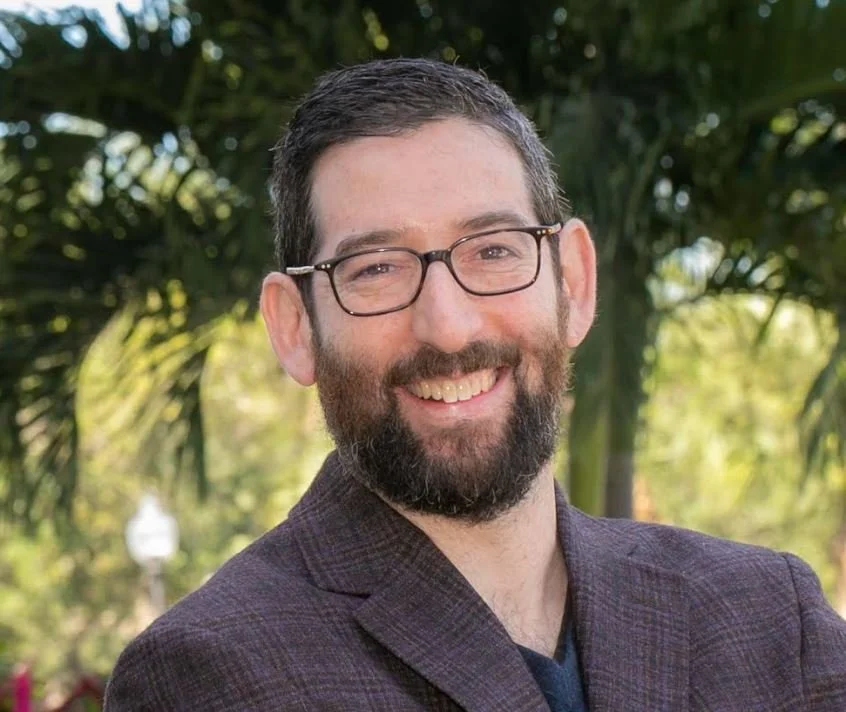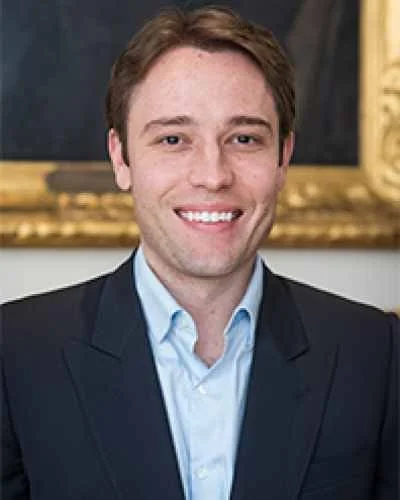Willoughby B. Britton, PhD, serves as the current Director of Brown’s Clinical and Affective Neuroscience Laboratory, investigating the psychophysiological (EEG, EMG, EKG) and neurocognitive effects of cognitive training and mindfulness-based interventions for mood and anxiety disorders.
Marcelo Demarzo, PhD, graduated from the University of São Paulo (Brazil) and Post-Doctorate in Mindfulness and Health from Universidad de Zaragoza (Spain), professor, researcher and vice-coordinator of the Postgraduate Program (Masters and Doctorate) in Collective Health of the Preventive Medicine Department of Escola Paulista de Medicina at UNIFESP (Federal University of São Paulo - Brazil). He is also Director of the Centro de Mindfulness e Promoção da Saúde Mente Aberta (Center for Mindfulness and Health Promotion Open Mind), he was the first to widely spread the practice of Mindfulness in Brazil, developing the MBHP (Mindfulness-Based Health Promotion) protocol, which expands the concept of Mindfulness to the prevention and promotion of health.
Robert R. Edwards, PhD, is an NIH-funded clinical researcher whose work focuses on biobehavioral aspects of acute and chronic pain. Specifically, he studies individual differences in pain responses, and the neurobiological mechanisms by which psychosocial processes shape those individual differences. Some of his current NIH-funded work focuses on the impact of pain-related catastrophizing on neuroendocrine and inflammatory responses to pain, as well as individual differences in central nervous system pain processing, and their implications for long-term pain-related outcomes.
Dr. Rebecca Erwin Wells, MD, MPH, is an Associate Professor in Neurology at Atrium Health Wake Forest Baptist, where she founded and directs the Comprehensive Headache Program. Her NIH-funded research investigates the mechanisms and efficacy of mind/body treatments for headache.
Randy Gollub, MD, PhD, is Professor of Psychiatry at Harvard Medical School and Clinical Professor of Psychiatry with a secondary appointment in Radiology at MGH. Dr. Gollub's work focuses on the interface between the technological advancement of neuroimaging acquisition and analysis methods and their application to basic and clinical neuroscience. The majority of the past studies in her lab have used multimodal magnetic resonance neuroimaging techniques, including BOLD fMRI, ASL, diffusion, and structural, to investigate pain and modulation of pain by placebo and integrative medical treatments in healthy subjects and in patients suffering from chronic pain disorders.
Nouchine Hadjikhani, MD, PhD, an Associate Professor of Radiology at Harvard Medical School, directs the Harvard Neurolimbic Research Laboratory. She is also an Assistant in Neurosciences at the Massachusetts General Hospital and visiting professor at GNC, Gothenburg University, Sweden. She has conducted brain imaging for more than twenty years, including neuroanatomy, histology, Positron Emission Tomography (PET), Magnetic Resonance Imaging (MRI) and magnetoencephalography (MEG), and behavioral methods (i.e., eye-tracking) to study the brain.
Eunmi (Jina) Kim, PhD, is co-founder of the Center for Contemplative Science at Korea Advanced Institute of Science and Technology (KAIST) and a research associate professor. As a visiting Research Fellow at our CHA Center for Mindfulness and Compassion (CMC), Jina's work involves neuroscience research on Heart-Smile Training (HST) and she integrates her knowledge of mind-body medicine. Jina is a lead researcher and Assistant Teacher for HST. Trained in yoga in India and meditation in Burma, Jina is a qualified Mindfulness-Based Stress Reduction teacher and Mindful Self-Compassion teacher-in-training.
Sara Lazar, PhD, studies the impact of yoga and meditation on cognitive and behavioral functions. Her lab results to date suggest that meditation produces experience-based structural alterations in the brain, and that meditation may slow age-related atrophy of certain areas of the brain. Dr. Lazar is an associate researcher in Mass General Department of Psychiatry and an assistant professor in psychology at Harvard Medical School.
Benjamin Lê Cook, PhD, MPH, is Director of the Health Equity Research Lab, Director of Research, Department of Psychiatry at Cambridge Health Alliance, and Associate Professor, Department of Psychiatry at Harvard Medical School. His research interests include improving methods for measuring disparities, and applying methods to understanding the mechanisms underlying mental health and substance abuse treatment disparities, including the association between acculturation and mental health, and geographic differences in mental health service use disparities.
Marco Loggia, PhD, focuses on the study of the role of neuroinflammation in human pain and other conditions. During graduate studies, he worked at the Alan Edwards Centre for Research on Pain (formerly McGill Centre for Research on Pain) under the mentorship of its first director, Prof. M. Catherine Bushnell, a pioneer in the field of human pain imaging. He is currently on the faculty at Harvard Medical School and Massachusetts General Hospital.
Eric B. Loucks directs the Mindfulness Center at Brown. His research focuses on the impacts of mindfulness and early life adversity on adulthood well-being, with an emphasis on mechanisms, social contextual factors, and cardiovascular disease risk. He started his training with a BSc in Physiology and a PhD in Pharmacology & Therapeutics, both focused on biological mechanisms of cardiovascular disease. He then went on to a post-doctoral fellowship at the T.H. Chan Harvard School of Public Health where he was trained in social epidemiology. He has studied mindfulness meditation for over two decades, and is a certified Mindfulness-Based Stress Reduction (MBSR) instructor.
David Lovas, MD, FRCPC, is a child and adolescent psychiatrist, and assistant professor at Dalhousie University in Canada. He is the program director of the child & adolescent psychiatry residency program and he is the physician co-lead of the Emergency Mental Health & Addictions Service at the IWK Children's Hospital. He regularly conducts research, clinical practice, and interprofessional teaching in areas of mindfulness-based interventions and Internal Family Systems therapy.
David Manuel Almeida, PhD, is a life-span developmental psychologist who focuses on studies of stress and coping during middle adulthood. His research examines the effects of biological and self-reported indicators of stress on health.
Kathy Moore, PhD, is a Research Professor in USF’s Department of Mental Health, Law, and Policy as well as the Executive Director of the Louis de la Parte Florida Mental Health Institute (FMHI). She received her Ph.D. in Health Psychology from Kent State University and completed a postdoctoral fellowship at Duke University Medical Center. For the past 20 years, she has collaborated with mental health and substance abuse agencies as well as different problem-solving courts. Her focus is on program evaluation, bridging the gap between research and practice.
The research lab of Vitaly Napadow, PhD, LicAc, focuses on elucidating neural mechanisms underlying chronic pain, as well as potential therapies such as acupuncture. The lab uses functional magnetic resonance imaging and magneto-encephalography to probe the changes in brain activation that are associated with the chronic pain state via different forms of acupuncture stimulation. Primary lab projects include (1) cortical plasticity in carpal tunnel syndrome treated by acupuncture, (2) resting state functional connectivity in chronic pain as treated by acupuncture, (3) fMRI investigation of the brain correlates of nausea, and (4) neuroimaging acupuncture effects on the central autonomic nervous system.
Neusa Sica da Rocha, M.D., M. Sch, PhD, Associate Professor of the Department of Psychiatry and Legal Medicine at UFRGS-Brazil is the coordinator and supervisor of the residency in Psychotherapy at HCPA-Brazil. She is also Coordinator of the I-QOL Research Group (Innovations and interventions for Quality of Life), former editor of Brazilian Journal Of Psychotherapy; professor of the Post-graduation Program in Psychiatry and Behavioral Sciences, and author of numerous chapters of national and international scientific books and articles; reviewer of multiple national and international journals.
David R. Vago, PhD, is Research Associate Professor of Psychology in the Vanderbilt Brain Institute and Vanderbilt Institute for Infection, Immunology, and Inflammation at Vanderbilt University where he is Director of the Contemplative Neuroscience & Mind-Body Research Laboratory. He maintains an appointment as a research associate in Psychiatry at Brigham and Women’s Hospital, Harvard Medical School. Dr. Vago is also the research lead for the wholistic wellbeing company RoundGlass where he and his team are building analytical tools for tracking health and wellbeing outcomes. Dr. Vago serves on multiple advisory boards and acts as a consultant for the mindfulness, well-being, and psychedelic research and industry communities. He is the Director of Neurosciences for the newly established International Society for Contemplative Research.
Philip S. Wang, M.D., Dr.P.H. is the Chair and Chief of the Department of Psychiatry at Cambridge Health Alliance, a teaching hospital of Harvard Medical School (HMS). Dr. Wang completed his undergraduate degree in biochemistry, medical school, psychiatry residency and chief residency, as well as a masters and doctoral degree in epidemiology, all at Harvard University. He then joined the faculty at HMS, conducting national and global psychiatric epidemiology studies, pharmacoepidemiologic research, as well as clinical trials testing new health care interventions with support from NIMH, NIDA, AHRQ, and the Robert Wood Johnson Foundation. Dr. Wang has served as the Deputy Director of the National Institute of Mental Health (NIMH). In that role, he assisted in overseeing 1300 NIMH staff and approximately $1.5 billion spent annually on basic, translational, and clinical research to pave the way for prevention, recovery, and cures.
Christian A. Webb, PhD, is an associate professor of psychology in the Department of Psychiatry at Harvard Medical School and director of the Treatment and Etiology of Depression in Youth (TEDY) Laboratory at McLean Hospital. After receiving his PhD in clinical psychology from the University of Pennsylvania, under the mentorship of Robert J. DeRubeis, PhD, Dr. Webb completed his pre-doctoral clinical psychology internship and a NIMH Individual National Research Service Award (NRSA) post-doctoral fellowship at Harvard Medical School and McLean Hospital.





